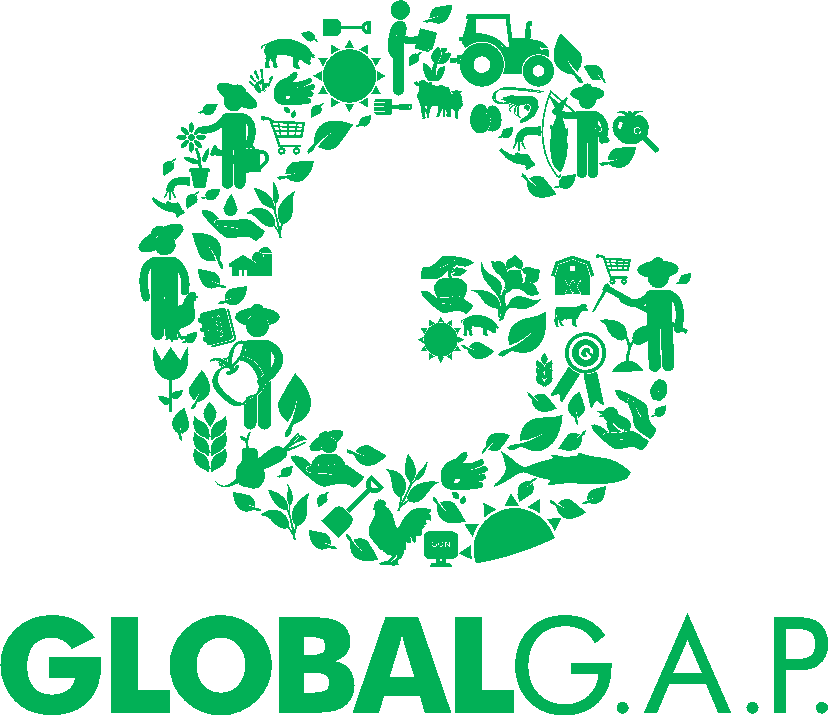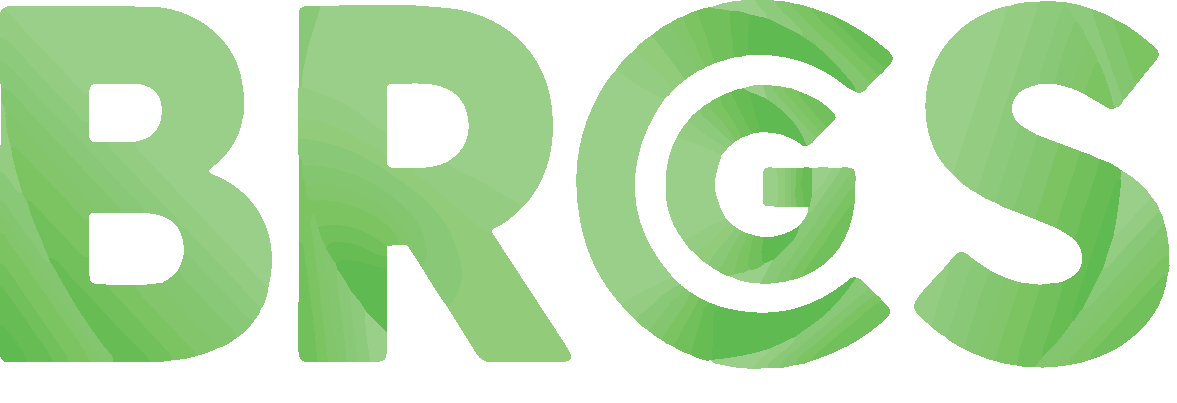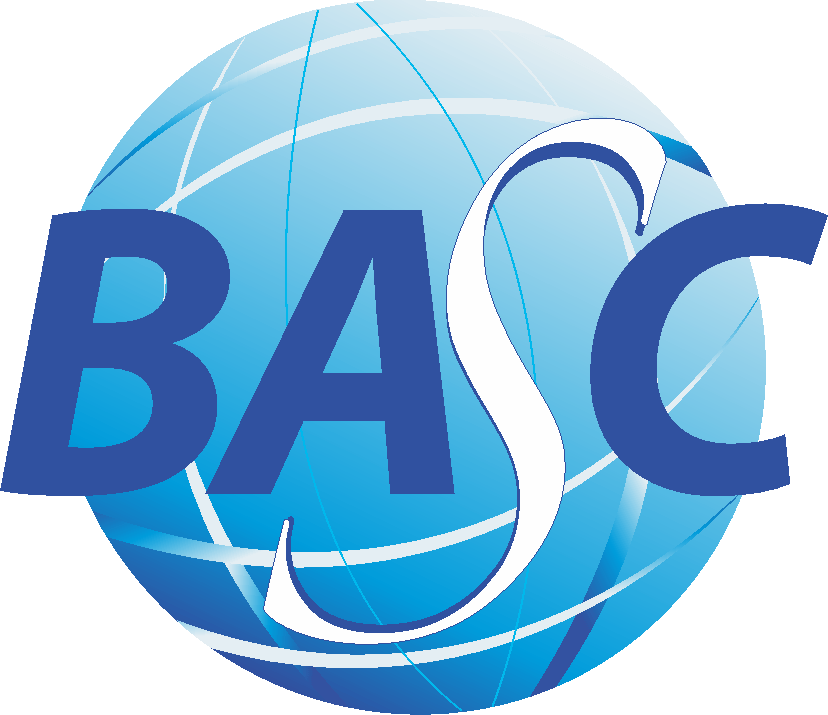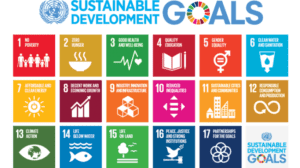Our products are supported by the most demanding certifications required in international markets. Click below to find more about each.
It is a labeling and certification program for responsibly farmed seafood that promotes industry best practice to minimize the environmental and social footprint of commercial aquaculture. It includes strict requirements in relation to the Biodiversity Environmental Impact Assessment (B-EIA) and the Participatory Social Impact Assessment (PSIA), with the active participation of all stakeholders including communities near the shrimp farms.
Omarsa’s certified establishments:
The ASC Standards cover the following seven principles:
For more information: http://www.asc-aqua.org/
SSP is a group of leading companies who are committed to creating a sustainable future for shrimp aquaculture. Pioneered in Ecuador, members of the SSP truly care about producing premium quality shrimp, produced to the highest social and environmental standards, fully traceable and free of antibiotics.
There are 7 farms operating under SSP criterions, producing SSP approved Shrimp.
Currently only 3 processing plants are qualified to export this shrimp and we are one of them.
Omarsa’s certified establishments:
The SSP Shrimp must have:
For more information: http://www.sustainableshrimppartnership.org/
 GLOBALG.A.P – Since March 2010
GLOBALG.A.P – Since March 2010 It is a rigorous integrated Good Agricultural Practices (GAP) certification that translates consumer requirements into production practices. The Omarsa group is GlobalGap certified under “multisite option 1”.
Omarsa’s certified establishments:
Its mission is to globally connecting farmers and brand owners in the production and marketing of safe food to provide reassurance for consumers. They lay the foundation for the protection of scarce resources by the implementation of Good Agricultural Practices with a promise for a sustainable future.
The GLOBALG.A.P. Aquaculture Standard sets strict criteria for:
The Standard covers the entire production chain from feed to fork.
To check the status of our GLOBALG.A.P. certification, please visit the following link and use our GGN: 0706796000001:
https://database.globalgap.org/globalgap/search/SearchMain.faces?init=1
Best Aquaculture Practices is an international certification program based on achievable, science-based and continuously improved performance standards for the entire aquaculture supply chain — farms, feed mills, hatcheries and processing plants — that assure healthful foods produced through environmentally and socially responsible means.
Omarsa’s certified establishments:
The Standards & Guidelines refer to:
For more information visit: http://bap.gaalliance.org/
 BRC – Since November 2009
BRC – Since November 2009 BRC is one of the referent for Food Safety and Quality Management System with more application at present. Its objective is to guarantee the standardization of quality, safety and operational criteria and ensure that manufacturers fulfil their legal obligations and provide protection for the end consumer.
Omarsa’s certified establishments: Processing plant.
The BRC Global Standard focuses on:
For more information visit: http://www.brcglobalstandards.com
Sedex is a nonprofit organization whose goal is to enable improvements in responsible and ethical business practices in supply chains worldwide and has the largest share ethical data in the supply chain collaboration platform. On December 2015 Omarsa processing plant was evaluated under the criteria of the audit Sedex Members Ethical Trade Audits (SMETA), obtaining favorable results. This audit aims to ensure ethical trade and social responsibility of companies through the assessment of compliance with regulations related to labor and occupational risk prevention standards; framed by the requirements of local legislation and the Base Code Ethical Trading Initiative (ETI).
Through this platform, Omarsa can share information about their working practices with its partners to help develop a more sustainable approach to shrimp production.
For more information visit: https://www.sedexglobal.com/
This certification is a testament to our commitment to fostering trust, respect, and camaraderie among our employees, as well as providing opportunities for growth and development. It indicates that our organization values employee well-being, promotes diversity and inclusion, and prioritizes transparency and fairness in all aspects of our operations. Ultimately, it showcases to both current and potential employees, as well as to clients and stakeholders, that we prioritize creating an environment where people can thrive professionally and personally.
For more information: https://greatplacetowork.com.ec/
The Mr. Goodfish certification signifies that our company is committed to sustainable practices within the seafood industry. It indicates that we adhere to guidelines set forth by Mr. Goodfish, an organization dedicated to promoting responsible consumption of seafood to ensure the long-term health of ecosystems. By obtaining this certification, we demonstrate our commitment to sourcing seafood ethically, supporting sustainable fishing practices, and actively contributing to the preservation of biodiversity. This certification not only showcases our dedication to environmental stewardship but also resonates with consumers who prioritize sustainability, enhancing our brand reputation and credibility in the market.
For more information: https://www.mrgoodfish.com/en/
Certification that evaluates and recognizes the principles of organic production, according to the requirements of the authorities in the member countries of the European Union.
The main objective of the European logo is to make organic products easier to be identified by the consumers. Furthermore it gives a visual identity to the organic farming sector and thus contributes to ensure overall coherence and a proper functioning of the internal market in this field.
The use of the logo and correct labelling is obligatory for all organic pre-packaged food produced within the European Union.
Omarsa’s certified establishments:
The regulation set a new course for developing organic farming further, with the following aims:
For more information visit: http://ec.europa.eu/agriculture/organic/index_en
 Naturland – Since April 2007
Naturland – Since April 2007 It is a private German certification. It differs from AB certification by not allowing the use of sulphites in the product harvesting or processing.
Omarsa’s certified establishments:
Naturland develops and propagates organic agriculture at local, national and global levels. They enforce the production, processing and marketing of high quality, healthy and enjoyable foodstuffs and organic products. In pursuing these aims, they strive to remain in harmony with nature, in recognition of the responsibility we bear towards succeeding generations.
For more information visit: http://www.naturland.de/en/
 Carbon Neutral Certification – Since February 2021
Carbon Neutral Certification – Since February 2021 Being a carbon-neutral company means that our organization has taken proactive steps to mitigate and offset the greenhouse gas emissions we produce in our farms and processing plants. This involves calculating our carbon footprint by assessing the direct and indirect emissions generated from our operations, including energy usage, transportation, and other activities.
Once we undersood our emissions, we implemented strategies to reduce them as much as possible through measures such as acquisition of state-of-the-art equipment which minimizes the consumption of electrical energy and fossil fuels. Another way that Omarsa has helped in the compensation of their footprint is by planting and caring for native forest trees within 2 of its farms. Finally, they bought carbon bonds in order to compensate and neutralize the emissions that could not be offset and neutralize with the changes made and the forests. By achieving carbon neutrality, we demonstrate our commitment to combating climate change and reducing our environmental impact, contributing to a more sustainable future for our planet.
 BASC – Since November 2009
BASC – Since November 2009 BASC -Business Alliance for Secure Commerce-, is an international business alliance, created to promote secure international trade in cooperation with governments and international organizations.
The BASC program examines the entire process of manufacturing and shipping of merchandise from foreign countries to the United States, emphasizing the creation of a more security-conscious environment throughout the supply chain.
Omarsa’s certified establishments: Processing plant.
For more information visit: http://www.wbasco.org/index-eng.htm
The rapid development of the organic sector and the increasing demand for organic food over the last twenty years in the international markets, has motivated Omarsa to certify its product under this philosophy. Characteristics of our organic shrimp:
At OMARSA S.A., we understand Corporate Social Responsibility as the company’s voluntary integration of social and environmental issues in the context of its commercial operations, as well as in production processes and in relation to our stakeholders.
Corporate Social Responsibility framed within the sustainability strategy called Triple Bottom Line, that seeks to align the company’s objectives with the global objective of sustainable development by focusing its actions on three key elements:

Pillar 1
In order to maintain a culture of prevention and immediate response to possible concerns or events that are of OMARSA’s interest, especially in compliance with our Code of Business Conduct and Ethics and other institutional guidelines, various means of direct communication are available to the public through the OMARSA RESPONDS – Ethics Line.
Pillar 2
OMARSA complies with the cooperation commitments established between the company and communities while, together with strategic partners, designs projects that promote community self-sufficiency and allow us to enhance the social and environmental impact of our CSR and sustainability actions.
Pillar 3
Our production practices have always taken into consideration the non-use of any antibiotics or therapeutic agents, as well as the timely and efficient use of natural resources and those renewables, including the continuous improvement of all processes.